Akal University’s Commitment to Practical Knowledge
Akal University takes an onus to prepare its students for a world of opportunity; applying knowledge is a prerequisite in almost every area. So the requirement of this thing cannot be compromised. Akal University very closely observes this idea and creates opportunities for students to learn experimental and practical knowledge. To enhance students’ testing skills, the Department of Physics organized a visit to HBCSE.
Empowering Students Through Experimental Learning
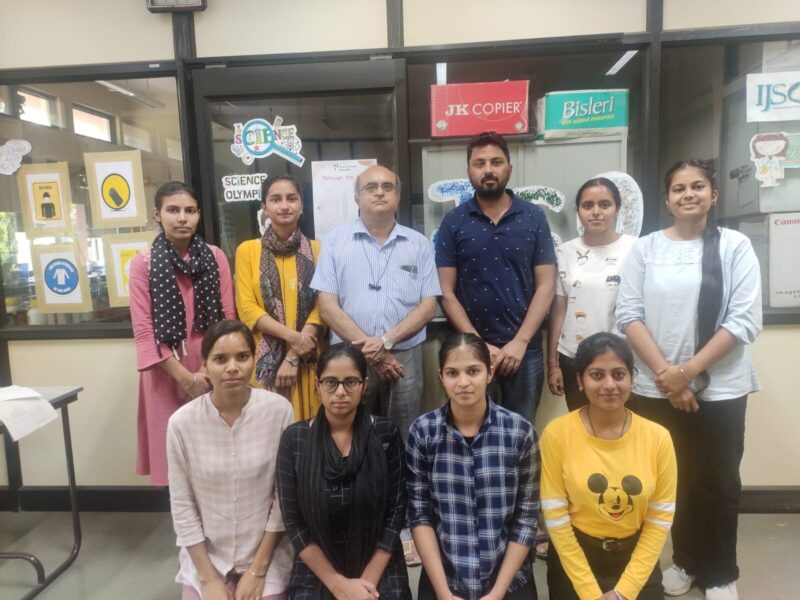
Akal University students completed a six-day Nuclear Experiments course at Homi Bhabha Centre for Science Education (HBCSE), TIFR Mumbai, India. A group of eight students accompanied by Dr. Sushil Kumar joined a course on Nuclear Experiments. This event featured lectures on Nuclear Experiments by learned personalities. Students were given explicit details of the subjects, and practical application of knowledge was adequately involved in it. Homi Bhabha Centre for Scientific Education (HBCSE) is a National Centre of the Tata Institute of Fundamental Research (TIFR), Mumbai. This institution aims at promoting scientific literacy in the country.
Students’ Six-Day Nuclear Experiments Course at HBCSE
The course started with introductory lectures on detector electronics and data acquisition systems by experts from HBCSE, TIFR, and Bhabha Atomic Research Centre (BARC), Mumbai. There was a session on Experiment Nuclear Physics by Dr. PK. Joshi. All the sessions comprised descriptive outlines, and practicality was also involved. There was also a session on detector electronics and gamma-ray spectra.
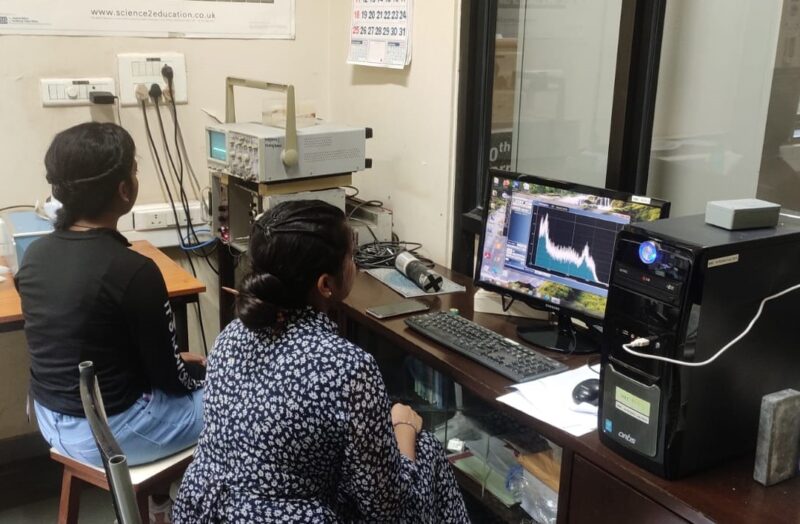
The technical aspect began with the details about radiation and its types. Significant interactions, such as Compton scattering, Photoelectric effect, and Pair production, were explained descriptively. Speakers also spoke about detectors, resistors, amplifiers, etc. Types of sensors used in experiments in Nuclear Physics, error analysis, and manual calculation of chi-square deviation in data were also taught.
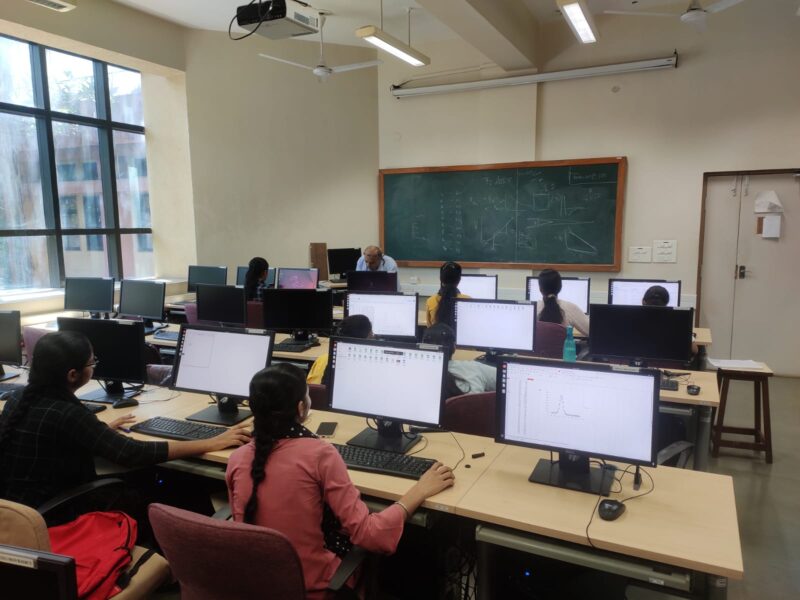
The course provided hands-on sessions to the participants as they collected and analyzed gamma-ray data using Multi-Channel Analyzer (MCA) and obtained experimental energies and their uncertainties. This course was designed on particular lines, including lecture series, data collection, structuring, and analysis.
Outcomes of the Course
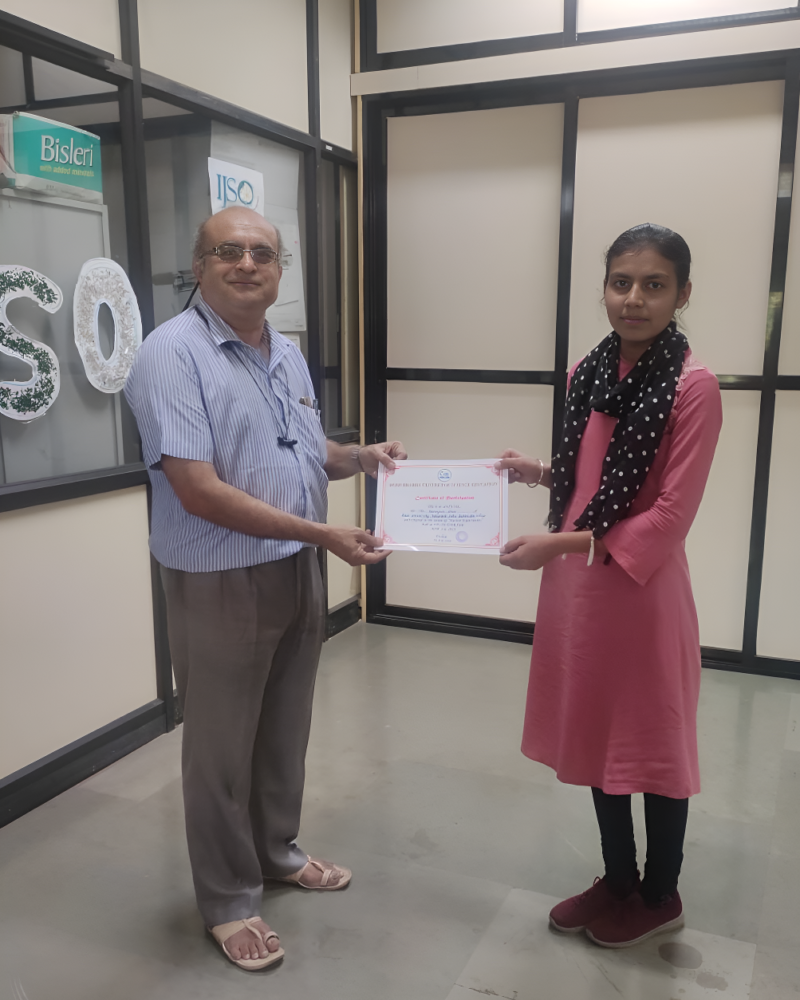
The event was accomplished on a very positive note. Students thanked the prominent personalities who taught them, specifically the University administration and the Department of Physics. Participants understood the importance of data acquisition systems in gamma-ray spectroscopy and data collection and how data is used, analyzed, and presented. Participants also got the details of the mechanisms behind electronics used in detectors. The course also provided research exposure for students interested in pursuing Ph.D. in Experimental Nuclear Physics.
Students’ Colossal Exposure at HBCSE
This course was a liberating experience for the students. It provided them colossal exposure to explore their interests in this area. They can further pursue their career here. Such events are genuinely proven to open doors for career building. On the concluding day of the event, all the participants got their participation certificates. Participation in these events definitely gives credit to students’ resumes.
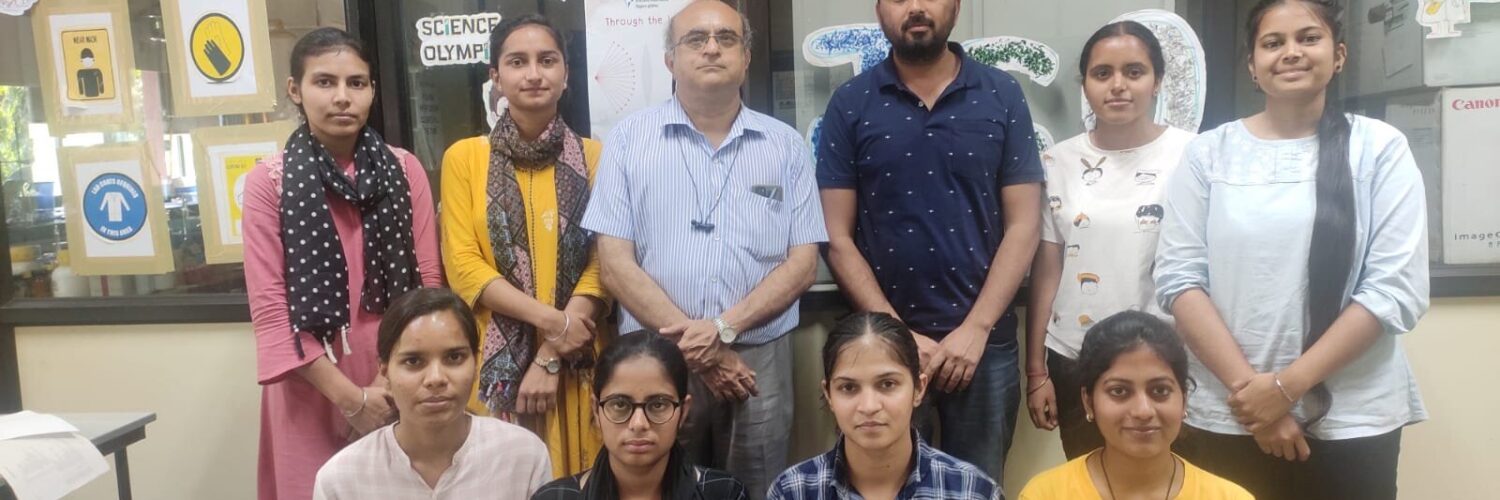

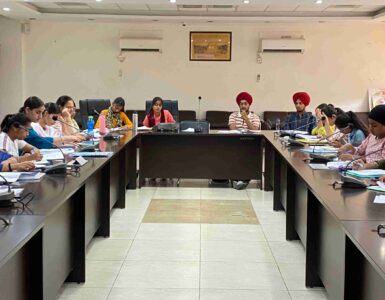























Add comment